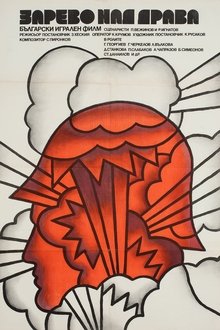The true story of the massacre of a small Czech village by the Nazis is retold as if it happened in Wales.
Related Movies

Cuban Lover (1969)
Japanese fishery instructor Akira is attracted to beautiful Cuban young girl Martia. Though initially rejected, Akira still returns with Martia to her homeland. On the way he sees a post-revolution Cuba, cultivating fields, relics from the revolution, armies in training, and Castro in a political rally.
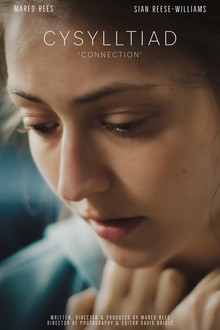
Connection (2021)
Eleri has been caring for her mum, Luned, since she was a child. But both have become so invested in their reversed roles of parent and child, that they’ve lost sight of one another and the true connection between them.
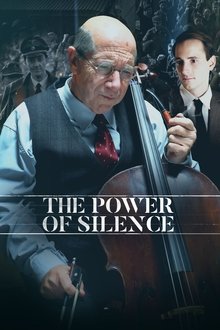
The Power of Silence (2017)
Prades, France, 1940s. The exiled Catalan cellist Pau Casals decides not to perform any more in public until the fall of the dictatorship that oppresses Spain. Pierre, a young Frenchman studying with Casals, tries to convince him to celebrate an extraordinary concert as a tribute to freedom.
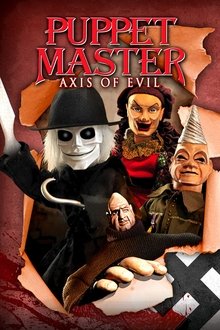
Puppet Master: Axis of Evil (2010)
Following the murder of Andre Toulon by Nazi assassins during the height of World War II, a young Danny Coogan finds his crate of mysterious puppets, and discovers their plan to attack a secret American manufacturing plant.
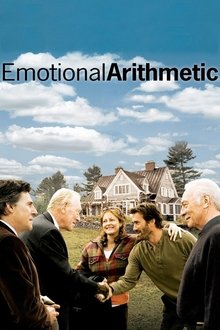
Emotional Arithmetic (2008)
An emotionally scarred fifty-something female, a high-profile but haunted British novelist, and a heroic dissident-cum-Soviet psychiatric hospital veteran, all reunite decades after bonding and surviving together in a detention camp during World War II.
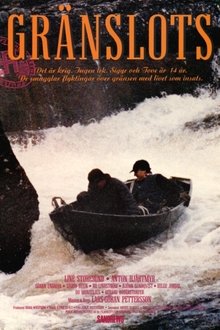
Gränslots (1990)
About a Swedish family during WW2 who help their friends, relatives and refugees to cross the border from Nazi occupied Norway.
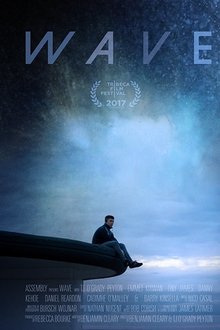
Wave (2017)
A man wakes from a coma speaking a fully formed but unrecognizable language baffling linguistic experts from around the globe.
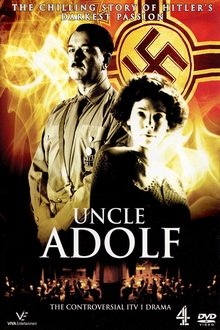
Uncle Adolf (2005)
A young girl becomes the great love of the Nazi leader's life. It spans the years between 1929 and 1945, and focuses on Hitler's obsessive relationship with his niece Geli Raubal, which eventually led to the girl's suicide, then goes on to tell the story of how Eva Braun became his wife.
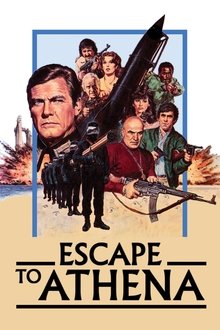
Escape to Athena (1979)
During the World War II, the prisoners of a German camp in a Greek island are trying to escape. They not only want their freedom, but also seek an ineffable treasure hidden in a monastery at the summit of the island's mountain.
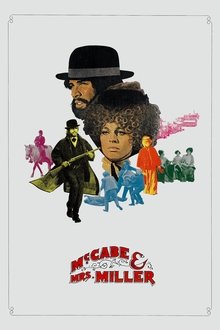
McCabe & Mrs. Miller (1971)
A gambler and a prostitute become thriving business partners in a remote Old West mining town until a large corporation arrives on the scene.
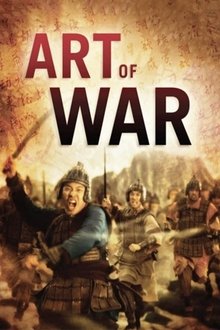
Art of War (2009)
Documentary on the main principles of Sun Tsu "Art of War" illustrated with examples from the second world war, the Vietnam war and the American civil war.
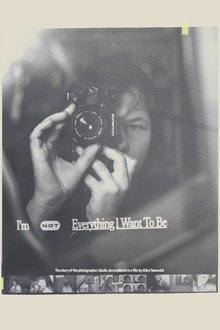
I'm Not Everything I Want to Be (2024)
After the Soviet invasion of Czechoslovakia in 1968, Libuše Jarcovjáková, a young female photographer, strives to break free from the constraints of Czechoslovak normalization and embarks on a wild journey towards freedom, capturing her experiences on thousands of subjective photographs.
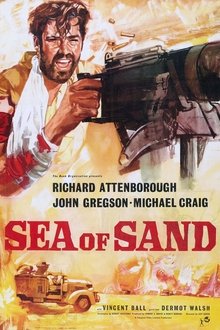
Sea of Sand (1958)
A small British army team is sent deep behind enemy lines to destroy a German petrol dump as part of the preparation for a major attack in the North African campaign. Sea of Sand was distributed in the US in a shortened version, Desert Patrol.
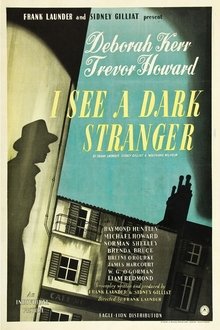
I See a Dark Stranger (1946)
Proud Irishwoman Bridie Quilty journeys to Dublin while World War II rages across Europe. During her travels, she encounters J. Miller, who recruits her as a Nazi spy. She acquires the necessary information that leads to the breakout of a German spy who holds key information about the Allies' newest offensive plans. However, the arrival of British officer David Baynes and his romancing of Bridie lead to unexpected consequences.
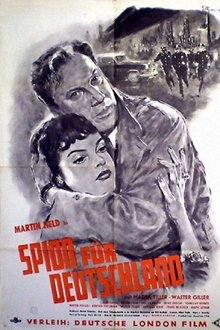
Spy for Germany (1956)
The true story of a German agent sent to the USA in 1944 in order to stop the development of the atomic bomb.
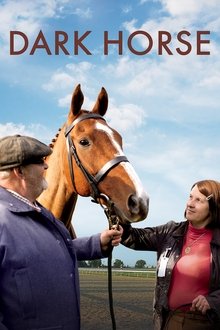
Dark Horse (2015)
The larger than life true story of how a barmaid in a poor Welsh mining village convinces some of her fellow residents to pool their resources to compete in the "sport of kings" with a racehorse they would breed and raise.
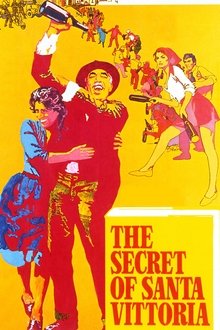
The Secret of Santa Vittoria (1970)
During World War II, Italian villagers hide their wine from the German army.
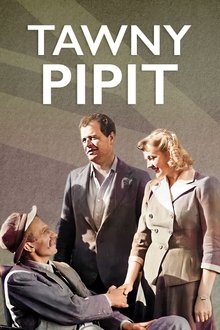
Tawny Pipit (1944)
Jimmy Bancroft, a fighter pilot, who is recovering from injuries sustained during the Battle of Britain, and Hazel Court, a nurse, come across a pair of rare birds nestling in a field. After a run in with the army, and a couple of thieves, they, with the cooperation of the village people and the Ornithology Society, help the eggs to hatch. A wonderful look at life in a small village, during World War II.

